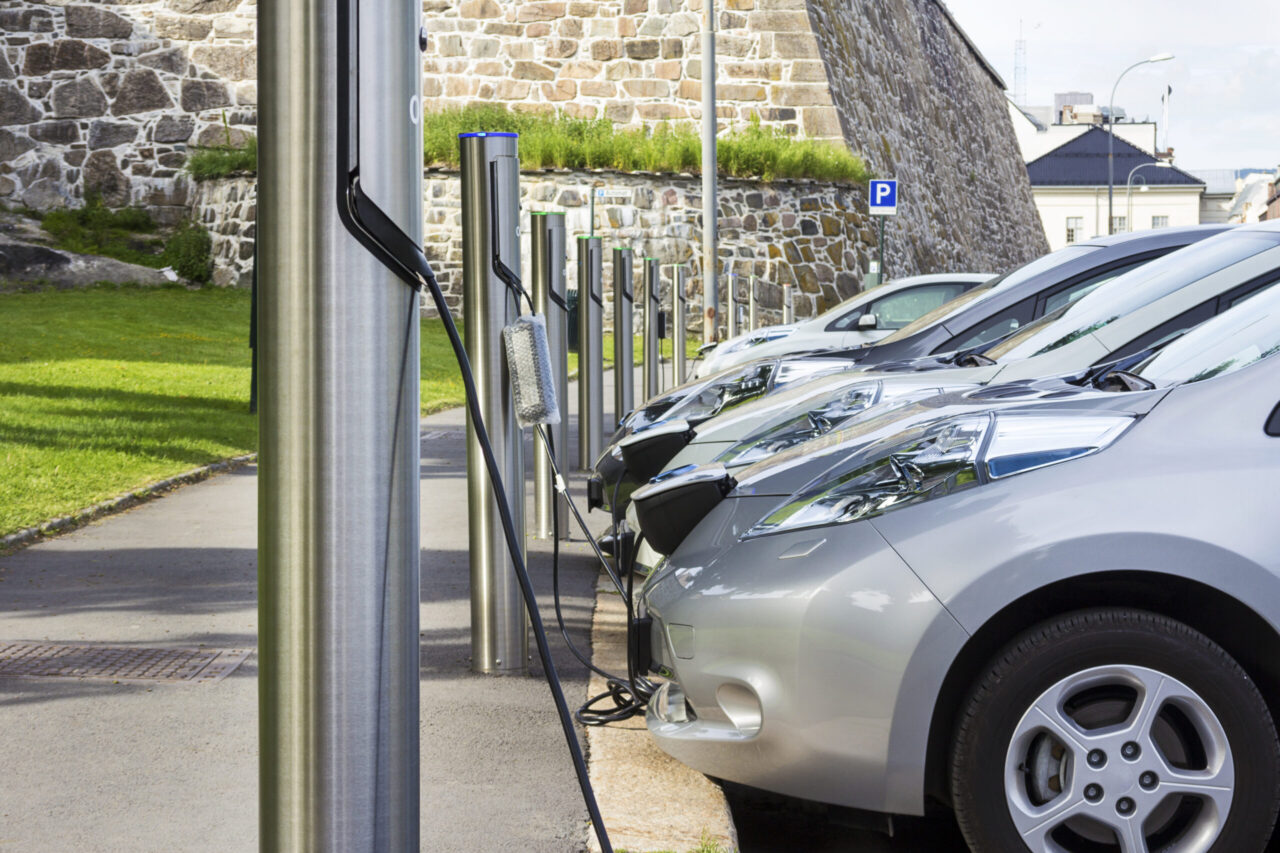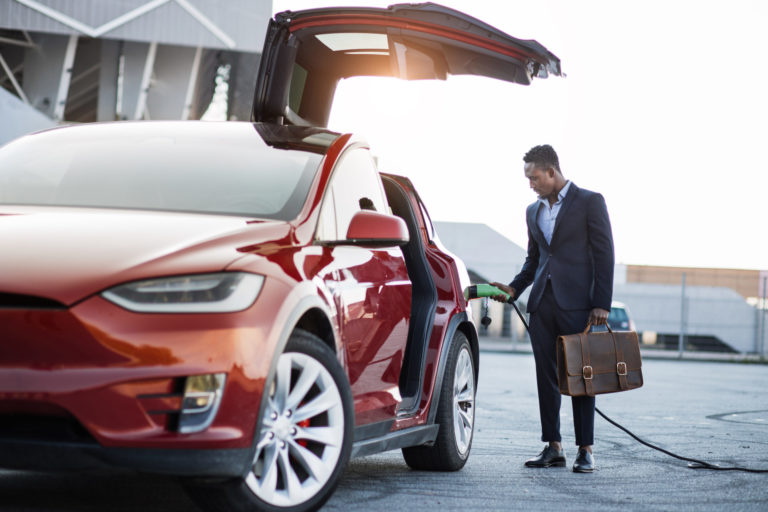Taking a Closer Look at the State of EVs in South Africa
Electric vehicles (EVs) are quickly gaining popularity around the world, with several countries already setting ambitious targets for phasing out petrol and diesel cars. However, South Africa is yet to make significant progress in adopting EVs. While the country has taken some steps towards creating a supportive environment for electric vehicles, there are still several challenges that need to be addressed. In this blog post, we will explore the current state of the electric vehicle market in South Africa, its opportunities, and the challenges it faces.

